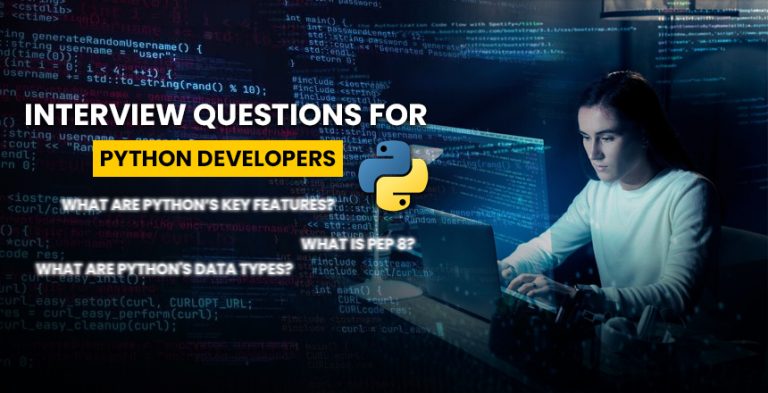The technology landscape continues to advance, and the demand for skilled software engineers
has not diminished. With the right education and hands-on training, you can add yourself to the
list of in- demand professionals. The Diploma in Software Engineering – Pro has a well-rounded
curriculum covering front-end development and mobile app development and will prepare you
for the world of work in the tech industry.
The Course Structure: An All-Encompassing Learning Path
Following the 685 days course, the Diploma in Software Engineering – Pro has been exempt
from extending and diversifying its curriculum. Each of the modules is designed to furnish the
students with specialized knowledge, ensuring that they will be industry-ready by the end of the
program. Here is a closer look at the structure of the course:
Foundation in Basic Computer Skills
Before delving into the more technical aspects of software engineering, students start with the
basics of computer literacy. This includes learning operating systems, file management, MS
Office Suite, and fundamental internet browsing skills. This foundational knowledge ensures
students can effectively navigate the digital landscape.
Design Tools for Creating Stunning Interfaces
Software development isn’t just about coding. Design plays a significant role in creating
user-friendly applications. The course covers Photoshop, Figma, and Adobe XD, giving students
the tools to design beautiful user interfaces (UI) and user experiences (UX). Students learn how
to make layers, create wireframes, and prototype interactive designs that enhance the usability
of applications.
HTML, CSS, and Tailwind CSS for Responsive Web Development
At the heart of web development lie HTML and CSS. These languages are imperative for
creating well-structured and responsive web pages. The course rambles through HTML5 syntax
and CSS layout techniques, including Flexbox and Grid systems. Tailwind CSS, a utility-first
framework for developing responsive designs quickly and effortlessly, will also be covered in this
curriculum.
JavaScript and React JS for Dynamic Web Apps
JavaScript is a core web development programming language. The students in this course will broaden their understanding of advanced JavaScript, including working with asynchronous programming, error handling, and ES6+ features. The React JS module emphasizes the creation of dynamic, component-oriented user interfaces while introducing state management and hooks, which are required for contemporary web development.
Backend Development with Node.js and Express.js
For the full-stack development interest, the course gives a detailed background on backend
technologies such as Node.js and Express.js. Students learn about the server-side application
development, the creation of APIs, middleware handling, and database integration. Such
knowledge is essential for building scalable and efficient web applications that can sustain the
weight of huge data input.
Mobile App Development with React Native
The demand for mobile app developers is surging now, and the curriculum addresses this
moderate demand. React Native helps the students in programming mobile applications for both
iOS and Android platforms. Topics such as navigation, state management, and API integration
ensure that students can develop fully functional mobile apps.
Data Structures and Algorithms (DSA)
The Data Structures and Algorithms module entails an indispensable course that equips
students with problem-solving skills used in software development. Students learn about arrays,
linked lists, trees, and graphs, in addition to well-known sorting algorithms such as QuickSort
and MergeSort. It is very valuable to understand these concepts so that the students will be able
to write optimized codes.
Cloud Computing and Version Control With the rise of cloud services, every modern developer
needs to know something about cloud computing. The course focuses on the basic concepts of
AWS: EC2 instances and serverless computing. They also teach Git-a version control system
without which collaborative code management would be impossible. This ensures that students
can easily work with teams and keep track of code changes.
Industrial-Level Project The gap between theory and practical application is addressed in the
course by inculcating an industrial-level project where students build a real-world Web or mobile
application. This project acts as an application of design, front-end, back-end, and cloud
technologies and helps in building a strong portfolio for the students to showcase to potential
employers.
Conclusion:
Your Path to a Rewarding Career The Diploma in Software Engineering – Pro is for all those who want to breach into the software development sector with an all-around skill set. Basically, you become ready for a web and mobile app development job by mastering all the latest tools and technologies such as React JS, Node JS, and React Native. Getting your hands dirty will always be an option with an added industrial-level project, which gives you experience that employers desire. If you are ready to take that right step into a rewarding journey in software engineering, this is the best starting point for you.








